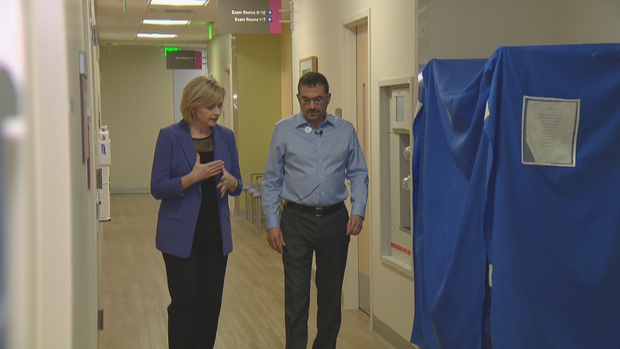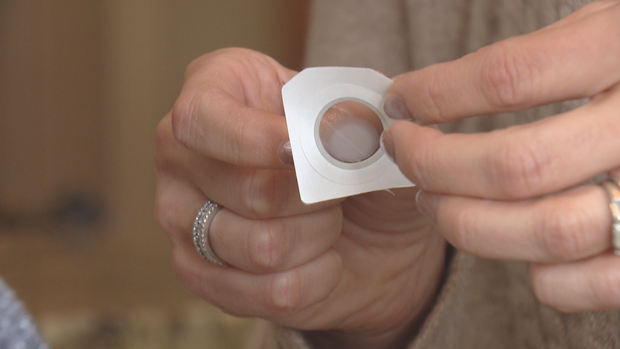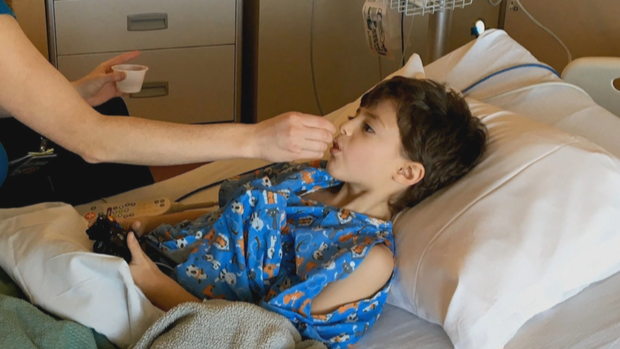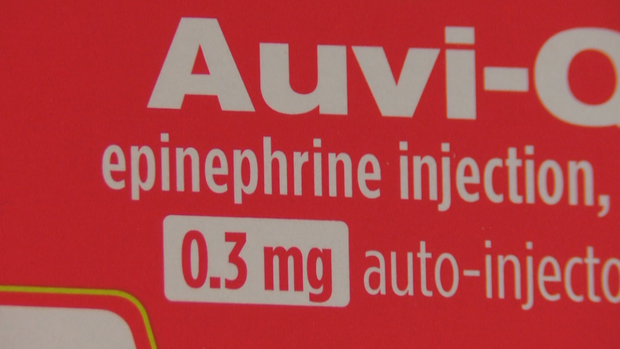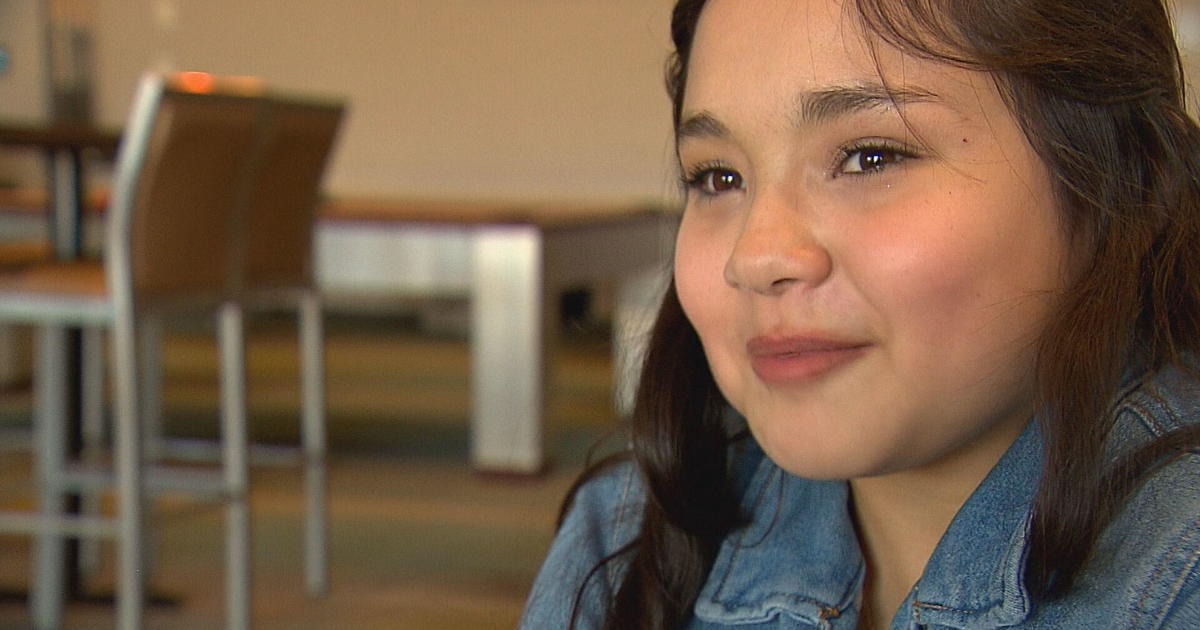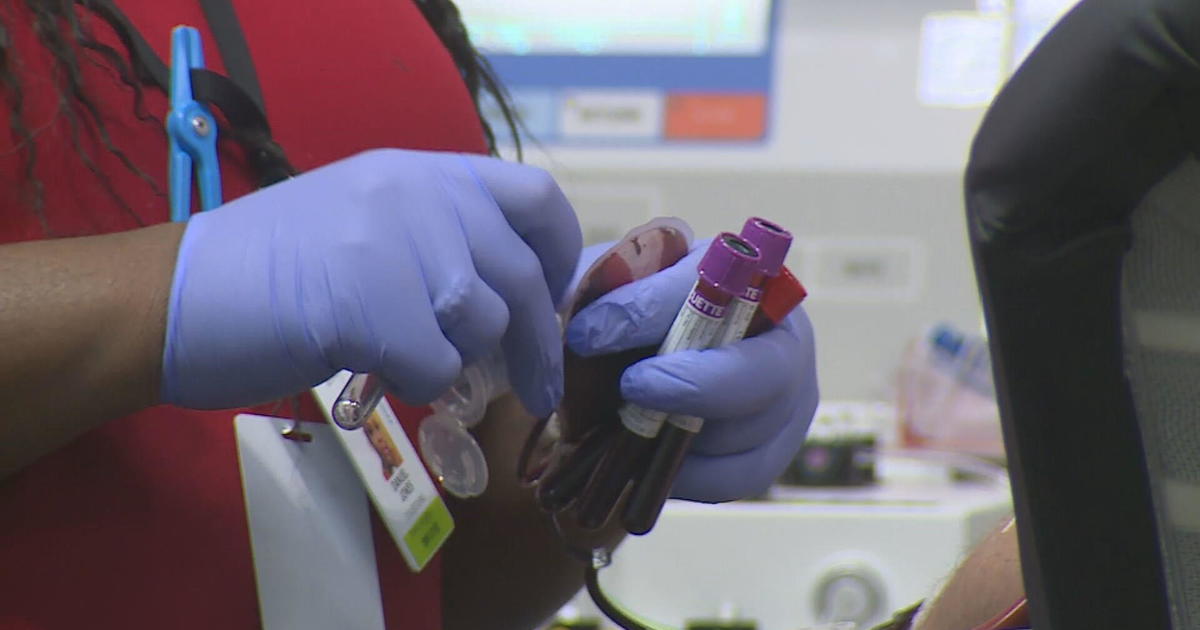Researcher Hopeful Peanut Patch Becomes First Treatment For Peanut Allergy
AURORA, Colo. (CBS4) - A researcher at Children's Hospital Colorado believes we are headed for a treatment for peanut allergy. Dr. David Fleischer, pediatric food allergist, is the lead investigator for the first-ever trial for peanut allergy immunotherapy.
He's been studying a wearable skin patch designed to make children less allergic.
In the international clinical trial, researchers exposed 356 children, aged 4 to 11, to a very small amount of peanut to see if it would desensitize them. Max Resnik of Denver enrolled in the study in 2016.
"Will you lift your shirt up?" Jamie Resnik asked Max, her son.
Every day, Jamie sticks a small patch on Max's back. On the patch is about 1/1,000th of a peanut. Eleven-year-old Max has been allergic to peanut since he was 10 months old.
"I'll get hives, or I'll get a rash where I touched it and my throat will swell up," Max told CBS4 Health Specialist Kathy Walsh.
Max has had some serious reactions requiring a shot of epinephrine, even a trip to the emergency room.
"We just are trying our best to keep him safe," said Jamie.
That's why the Resniks agreed to try the patch to see if exposure to peanut trains the immune system to tolerate small amounts. In a test a year into the study, Max was fed a gradually increasing, but tiny dose of peanut.
"He was able to tolerate more of the peanut protein after year one," said Jamie.
"Now, for the first time, we're on the cusp of having a food allergy treatment that we never had before," said Fleischer.
Fleischer explained that about a third of the children in the trial increased the amount of peanut they could eat with no reaction or a less severe one. The other two thirds had some, but not as much improvement.
"Even that small amount is significant for some families," said Fleischer.
For the Resniks, knowing Max can tolerate some peanut is a little peace of mind.
"If I accidentally have a bite of something that has a little peanut in it, I will most likely be okay," said Max.
"For that we're very happy and we're very thankful," said Jamie.
The biopharmaceutical company that funded the study, DBV Technologies, plans to submit the patch to the FDA for approval.
